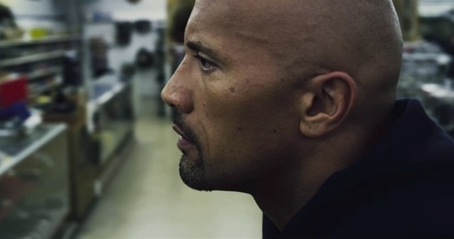 John Matthews is a self-made man whose construction company lets him live a pretty nice lifestyle. All that changes when his teenage son is wrongly accused of a drug distribution crime which sees a mandatory minimum sentence of 10 years. Desperate to free his son he makes a deal with the U.S. attorney to work as an undercover informant and infiltrate one of the largest drug cartels. Ric Roman Waugh's Snitch is a fast-paced thriller that surprisingly works, given its somewhat hard to believe premise. Snitch is a social statement dressed as an action movie that makes sure to capture the absolutely ridiculous drug laws taking place in the United States. The way John's son is arrested and put away for 10 years regardless of this being a first offense are on full display, showing how how his son is a good-natured boy. Through Susan Sarandon's attorney character we see the circular motion of the war on drugs and how it's used more as a promotional resource for re-election than anything else. Granted, this commentary could have certainly been done better but any mainstream film that brings these things to the surface deserves some kudos. The emotional weight of the story is pretty easy to relate too, with Dwayne Johnson once again showing a likeability and charisma that one can't teach. The character Daniel Cruz, a man who helps introduce John to the drug world, plays a very important role. Without Daniel, the film dances dangerously close to only showing one-side of the drug problem (rich people problems), but with him, we see a man who is trying to break free of his old life and make a better one for his family. The parallel's between both John Matthews and Daniel Cruz are the strongest aspect of the film, with each doing what they believe is best for their respective families. Stronger is not the smartest film to tackle the war on drugs, even being pretty damn silly at times, but it's fast-paced, engaging, and attempts to show a major problem in our criminal system - the first offender drug laws. 6.5/10
0 Comments
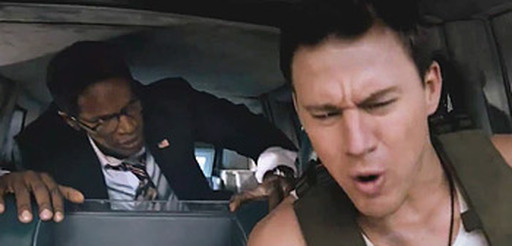 Cale, a Capitol police officer, is a good man whose past mistakes seem to always catch up to him. His latest being that he missed his daughter's talent show. His daughter is very passionate about politics, and in an effort to make it up to her, Cale uses a connection he has to get him and his daughter into the White House. While on their tour, the White House comes under siege by a group of heavily armed paramilitary troopers. With the President and his own daughter in danger, Cale must jump into action to protect them both. Roland Emmerich's White House Down is the lastest film by the director that is just as silly and stupid as it's fun. Emmerich's propensity for heavy-handed storytelling is well in tact, with pretty much every twist and turn of the narrative being recognizable far before it's revealed. Obviously this film will be compared to Olympus Has Fallen, but the two film's are basically bigger and sillier Die Hard films set in the White House anyway. The actual takeover the White House feels much more realistic in White House Down than Olympus Has Fallen, but from there it becomes a ridiculously silly endeavor that makes morals far too black and white. Personally, I find it tiresome how every film like this has every government agency bickering among themselves trying to compare whose dick is bigger. All of these complaints shouldn't be surprising given that Roland Emmerich is involved, but where White House Down succeeds best is in the comedic elements. Jamie Foxx and Channing Tatum have good chemistry between the two of them and White House Down has a surprising amount of comedy. The film is fun because of this, making it a lot easier to ignore the overall silliness of the movie. One thing that I also realized while watching White House Down is that Roland Emmerich really isn't very good at directing action, with much of the gun play and fist fights being choppy and hard to follow. I guess he is just good as showing bombastic destruction and White House Down has some of that too. Roland Emmerich's White House Down is another loud and dumb film from the director but luckily Channing and Foxx's chemistry at least make the film fun-ish. 5/10 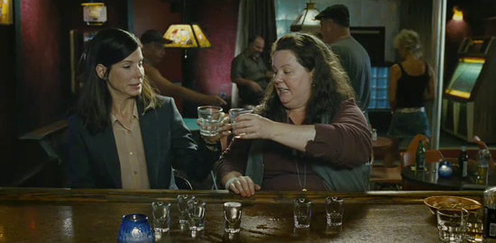 FBI Special Agent Sarah Ashburn has always been an army of one. She's an uptight individual who isn't well-liked by any of her fellow agents. She is sent to Boston by one of her superiors to investigate the whereabouts of a ruthless drug lord. When she arrives she runs into Boston Cop Shannon Mullin, a foul-mouthed woman who does things by her own set of rules. These two couldn't be more incompatible but they are forced to work together, ultimately becoming the last thing anyone would expect: Friends. Paul Feig's The Heat is an above average comedy that has its moments but much of the film's success can be attributed to the pairing of Melissa McCarthy and Sandra Bullock. I've never been much of a fan of Melissa McCarthy, as I find that her humor is so abrasive it wears out its welcome far too fast. For the first 30 minutes, I feared the worst, with McCarthy going through the same annoying motions but once the film gets past her introduction, and the two characters are forced to team-up, the film becomes much better. These two characters are polar opposites and Bullock's up-tight and by-the-book character provides a necessary balance to McCarthy's schtick. I wouldn't say The Heat is hilarious but it's full of good moments and seems to almost get better as it progresses. Some of the best comedic moments are well designed set-pieces, like the Club or Bar sequence, but when the film relies too heavily on McCarthy's dialogue it falters. Make no mistake it's incredibly refreshing to see a studio movie in which the two leads are strong female characters, and the film is very self-aware to that fact. My favorite aspect of the entire movie revolves around this self-awareness, with Feig references this fact in subtly way throughout the duration. Paul Feig's The Heat is a entertaining comedy that takes a little too long to get going, but once it does, Bullock and McCarthy prove to be an effective team. 7.25/10 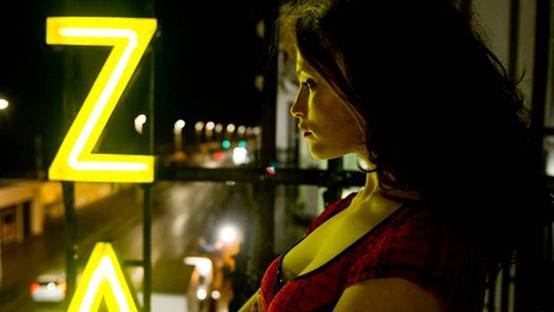 Clara and Eleanor never spend too much time in one place. They've just arrived in a run-down coastal resort town, seeking refuge. Clara meets a lonely man, Noel, who provides the two woman with shelter at his deceased grandmother's deserted guesthouse, Byzantium. Younger than Clara, Eleanor attends classes at the local school where she meets Frank. Their new life seems to be working out well for them until Elanor tells Frank their secret: They are not humans, but vampires, who have been living on this earth for over 200 years. Neil Jordan's Byzantium is a unique take on the vampire mythos that sees Jordan return to her more artistic storytelling routes. The film's narrative unfolds naturally over almost the entire duration of the movie, giving insights into Clara and Elanor's past. The core of this narrative revolves around the mother-daughter character dynamic, with Clara being much more cold and unforgiving about her violent ways of survival. Jordan does not shy away from capturing the brutal violence capable of these two woman but what's interesting is how the film juxtaposes it against beautiful imagery, capturing the character's point-of-view through this romanticism. The film's narrative flows between past and present in such a fluid way that the viewer themselves begins to get lost in the blur of time. This is particularly impressive because it is intentional, capturing how for someone with eternal life time itself would feel inconsequential. As I mentioned earlier, Byzantium is beautifully composed, with lush visuals that seem to brighten up the red hues of the film. My only real complaint about the film is that I did think the mother-daughter character dynamics could have used more refinement. It's clear that Clara has had an incredibly tough life and loves her daughter very much but I could used a little more subtlety and development in that department. The ending also feels a little rushed, particularly revolving around Sam Riley's decision at the end but it didn't bother me enough to take me out of the film. Neil Jordan's Byzantium is a welcome return for Jordan which features strong lead performances, lush visuals, and a unique and fascinating spin on the vampire mythos. 8.25/10 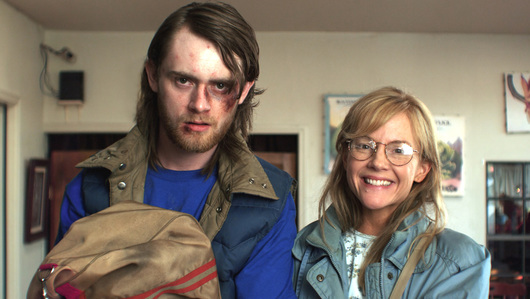 Linda, a devoted Christian housewife, leads a sheltered existence with her devoutly Christian husband in Texas. Unbeknownst to Linda, her husband has been going to a sperm bank for years in an effort to satisfy his sexual urges. One day while at the clinic he suffers a brain aneurism which completely turns Linda's life upside-down. Linda discovers that her dying husband has a 23 year old illegitimate son, Raymond, living in Florida. Linda is a bag of mixed emotions but grants Abe's final request and sets off on an impulsive journey to find Raymond and bring him back. Robbie Pickering's Natural Selection is an off-kilter drama/comedy in the same vein as some of Todd Solondz's work, though not nearly as unique. The relationship that unfolds between the ultra-conservative Linda and the rebellious, to say the least, Raymond is bizarrely transfixing, with each of them learning more about themselves through the whole ordeal. Natural Selection is more gritty and grotesque then I expected, but in retrospect it really isn't that surprising given that Raymond is introduced as a crusty meth dealer. The film showcases the hypocrisy which runs rampant in the devoutly religious but more importantly it speaks too how we are all human-beings who possess both dark and light attributes. With the way the film ends, Natural Selection seems to even suggest that this higher power is not judgmental, but forgiving, regardless of how hard it is for humanity to not be. Above all though the most important aspect of the film might be the double standard of sexual repression which we see between Linda and her husband. It is handled well, and quite important, especially given what is going on right now in this country. From an emotional standpoint, Rachael Harris holds the film together with a truly engaging central performance as Linda. Robbie Pickering's Natural Selection is a funny and insightful film that is certainly worth watching for anyone looking for a unique experience. 7.5/10 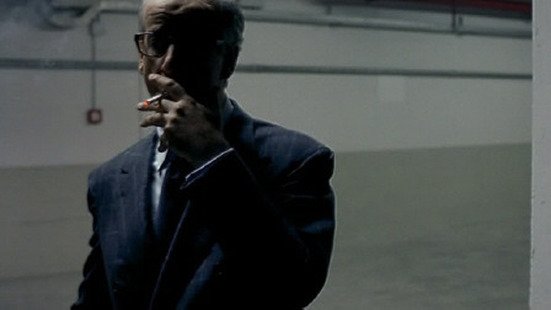 Titta Di Girolam is a middle-aged former stockbroker who now makes his living working as a money-man for the Mafia. A few times a week he handles large bank deposits for the Mafia but otherwise his life is barren. Di Girolam lives secluded in a hotel room with much of his days being spent in the hotel's cocktail lounge where he silently watches the beautiful barmaid, Sofia. When Di Girolam's outgoing brother, Valerio, comes in town to visit, he gives Di Girolam the much needed push to begin interacting with Sofia. Paolo Sorrentino's Consequences of Love is a well-made character study that thoroughly explores one man's loneliness and detachment from the world around him. Di Girolam is a man whose all alone, being divorced and cut off from his former children. One of the film's most impressive attributes is the stream of conscious it's able to achieve. This is a man tormented by his past failings, terrified of the future consequences of potential companionship and the film does a great job at capturing his over-active mind. This is a well-written piece of filmmaking too, which gives great detail and insight into the character to the point that the audience really feels like they know this guy, or at least understands him. The camera work is damn near surgical, with very precise camera movements and compositions that really give the film a unique atmospheric feel. The use of wide open space is particularly well done, effectively capturing the loneliness Titta Di Girolamo exudes. A large depth of frame is also used quite a lot, capturing the distance in which Di Girolamo puts himself from the rest of the world. The relationship that unfolds between the main protagonist and Sophia is balanced well, never getting too much in the way of the character-study aspect of the film. Sofia gives Di Girolamo a reason to live, but the film does not go the route most would expect. Paolo Sorrentino's Consequences of Love is a exquisitely crafted character study of a man whose been broken down by life, with the connection between him and Sofia giving him a reason to exist. 8.25/10  Set in the 1870s, in the immediate aftermath of the Civil War, Dead Man's Burden tells the story of Marth and her Husband, Heck, who are struggling to make ends meet on the rough frontier. A mining company has expressed interest in buying their land, with the couple eager to have a better life. Things get complicated when Wade, the oldest brother who was thought to have died in the Civil War, returns home after learning of his father's death. Wade was disowned by his father for defecting to the Union Army but when he returns home he begins to question the true nature of his father's death. Jared Moshe's Dead Man's Burden is an incredibly simple concept that relies on great character dynamics to tell a thoroughly compelling story. This is certainly a film that would be classified as slow burning, but it would be entirely unfair to call this film poorly paced. The character dynamics make this film interesting from start to finish, with a slow building tension between the three main characters which leads to an explosive conclusion. The strength of the film lies in the character depth with both Martha and Wade being thoroughly explored. Neither character is shown from a biased point-of-view, with the narrative exploring the reasoning for their decisions, no matter how wrong or right the audience deems them. The cinematography of Dead Man's Burden is solid, capturing the old western style with cinematography that shows the vast landscapes and the harsh conditions of the smouldering sun. Jared Moshe's Dead Man's Burden is a great example of how effective low-budget films can be, showing the true power of strong storytelling and character dynamics. 7.75/10 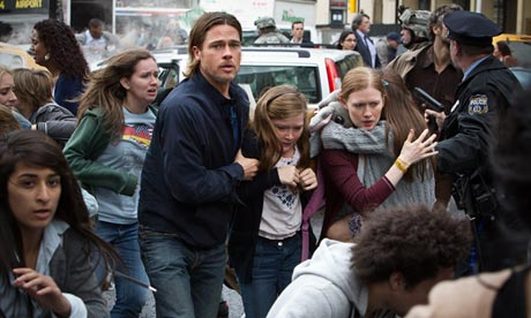 Gerry Lane left his job as one of the United Nation's topinvestigators to be closer to his family. Father of two young girls, and loving husband, Gerry has settled in nicely being the homemaker of the family. When a global pandemic presents itself, crippling countries overnight, Gerry is called back into action to help save humanity from what can only be described as an impending Zombie apocalypse. Marc Forster's World War Z is the latest film to go through production problems which were made very public by the media. Fortunately, whatever problems were prevalent seem to have been either fixed or overblown, as World War Z is a fast-paced, thrilling blockbuster that succeeds far more than it fails. The film wastes no time throwing the viewer into the mayhem, getting to the outbreak within the first 10 minutes of the film. What I was most impressed with was how well the film handled the government response to the epidemic. While so many films pretend that our government would respond is a nonsensically humane way, World War Z captures the touch decisions and moral complications something this catastrophic would entail. The best example of this being how the military threatens to take Gerry Lane and his family back to the mainland if he doesnt help, saying "Everyone on this ship is vital to our survival and performs a valuable service". I could see some people having a problem with the CGI zombies, but they were well designed - moving like insects, consuming everything in their path. The film has a few painfully ex-positional moments and struggles a bit with the drama centered around getting Pitt back to his family but the biggest problem lies in its rating. While I totally understand the desire to make the film PG-13 for box office reasons, there are just far too many sequences that were noticeable altered via editing or framing to avoid the violence. World War Z is an enjoyable blockbuster thriller that is rather epic in scale, I just wish it could have been rated R. 7/10 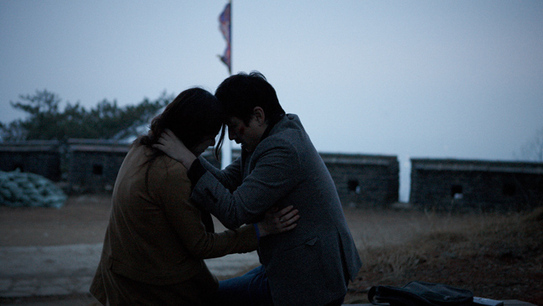 Haewon is an indecisive young woman who is half-heartedly pursuing a career as an actress. Her mother is leaving the country for Canada, which leads Haeown into a state of loneliness. In this sate, she reaches out to her professor, a man whom she's had a tumultuous romantic relationship with. Sang-Soo Hong's Nobody's Daughter Haewon is a film exploring the tenuous nature of relationships, capturing how the youthful spirit can be both indecisive yet beautiful. Nobody's Daughter Haewon picks up right where Hong's last film left off, being much more whimsical and comedic than most of his earlier work. Hong has such a great ability to capture the bittersweet nature of Haewon's life, with a narrative that never judges her, while consistently capturing her misguided steps. The comedy never feels forced or out of place, perfectly weaving itself in the dramatic narrative in a way very similar to ones everyday life. The film's narrative feel elliptical, following Haewon through various days of her life, where we see many of the same locations. In a way, the film captures life in a very pure way- showing how both the repetition and new experiences intertwine on a daily basis. Haewon's misguided viewpoint on love and relationships can be attributed to her lack of strong parental figures, though Hong does paint the mother in a loving way. For those familiar with Sang-Soo Hong's work, Nobody's Daughter Haewon should certainly resonant, but Hong's style isn't exactly easy to get behind for the average movie-goer, making it hard for the film to reach much of a new audience. 7.5/10 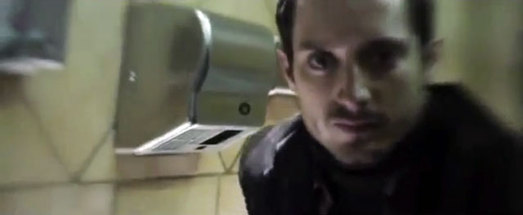 William Lustig's Maniac is a exploitation classic, and while it's incredibly taboo to say, Franck Khalfoun's remake surpasses the original. For those not familiar with the story, Maniac revolves around a serial killer who spends his nights on the streets looking for his next victim. He targets only females, scalping them so he can attach them to mannequins, putting them on display in his store. This version of Maniac never waivers in capturing the sadistic brutality aspect of its predecessor, while delivering a much more lean and stylistic experience. This version of the film is almost entirely shot from the first person point-of-view of our killer-an incredibly ballsy move that pays off. We are given an up close and personal look into the mind of a psychotic, with the technique capturing the psyche of this demented individual, which effectively transports the viewer into his warped mind. The direction is very impressive, with lots of sadistic moments that juxtapose classical music and imagery making the whole thing sort of beautiful in the sickest way possible. This film is not apologetic in the slightest when it comes to delivering the violence, making sure to stay true the original film. If I had one complaint about the film it would pertain to the pseudo-relationship which transpires between the maniac and Anna. Throughout the film he is shown as a very awkward and strange character and I couldn't help but question whether it would have been far more interesting to have him be more smooth and manipulative. In the end I don't think it's a major problem, as I could see how Anna would be draw to what she perceives as a quiet, introverted artist-type of man. Franck Khalfoun's Maniac is a film that stays true to the original's strengths, ultimately managing to surpass that film because of its assured direction. 7.25/10 |
AuthorLove of all things cinema brought me here. Archives
June 2023
|
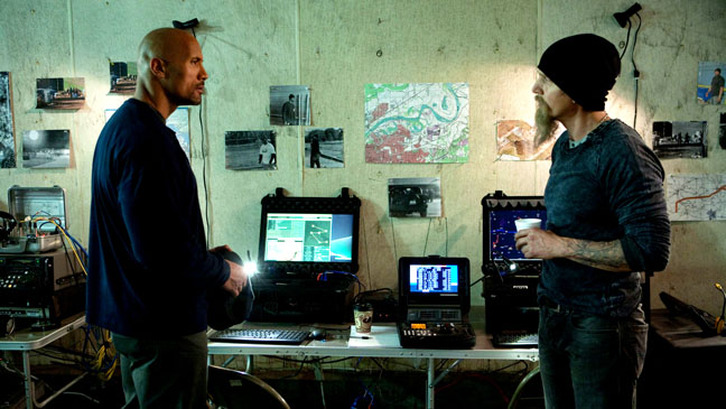
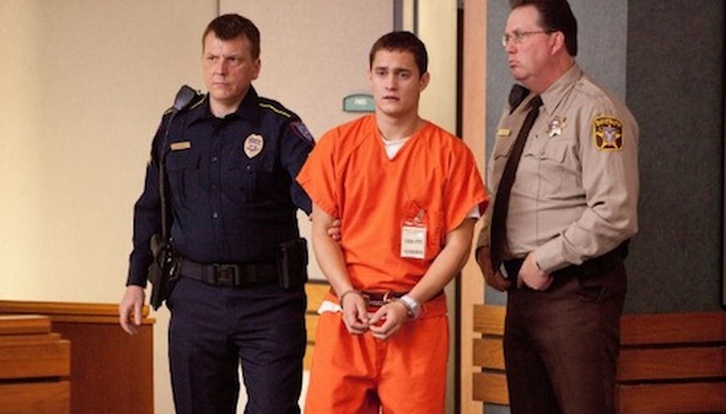
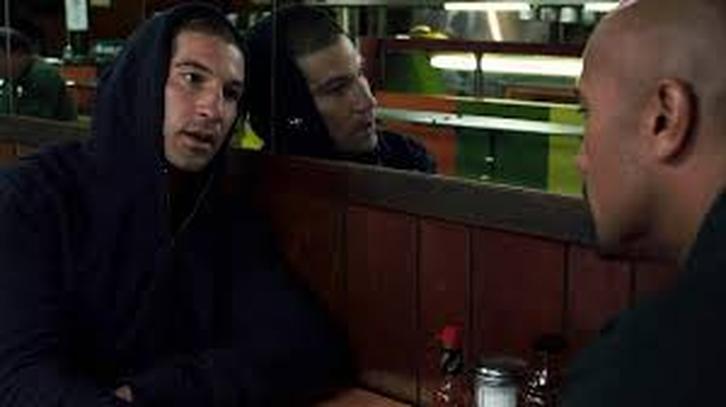

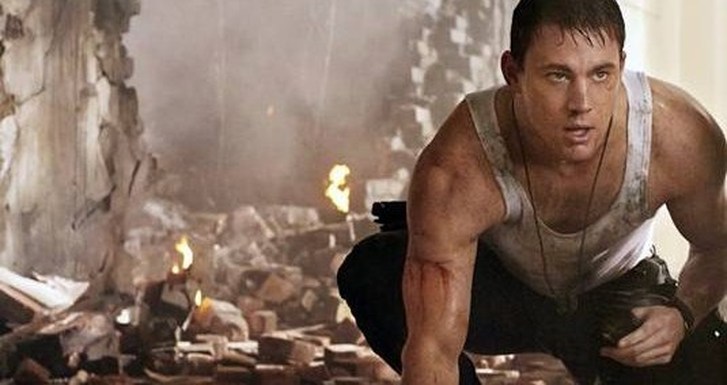
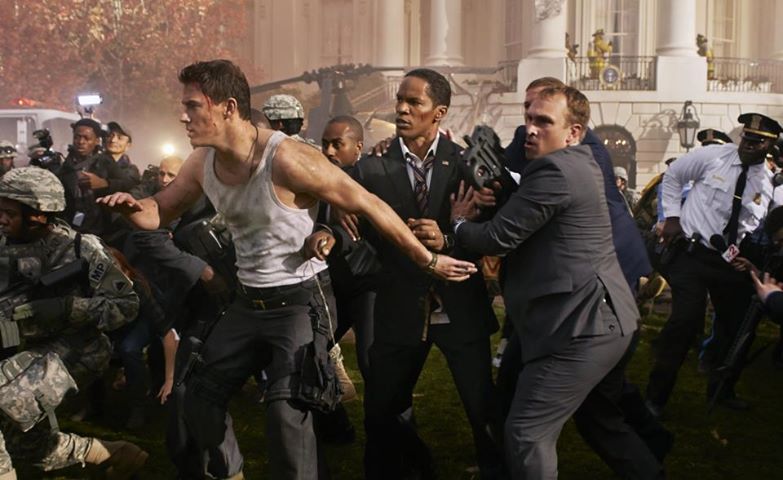
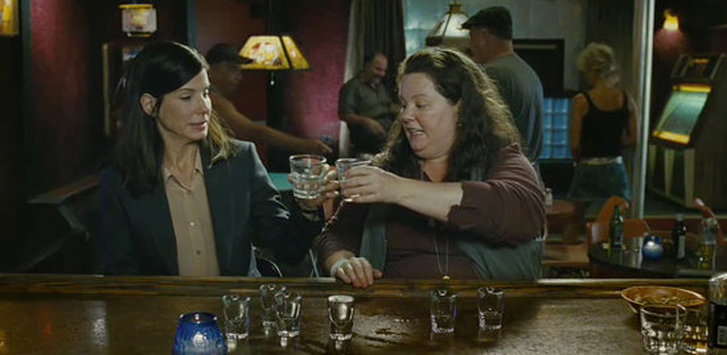
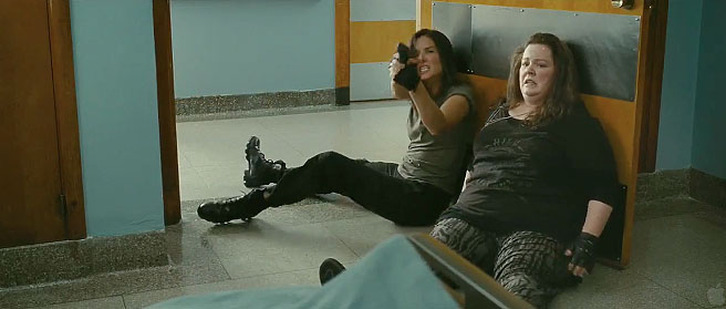
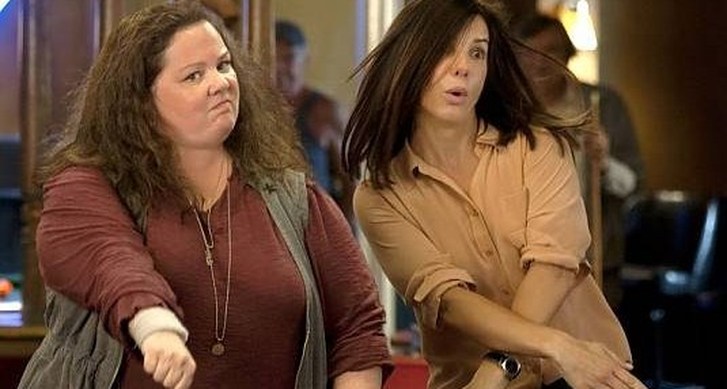
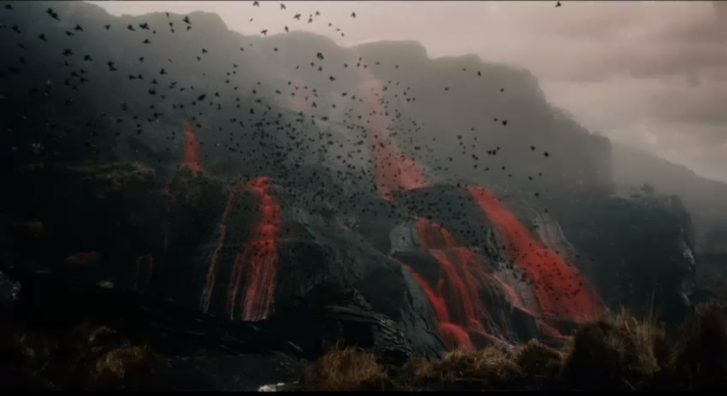
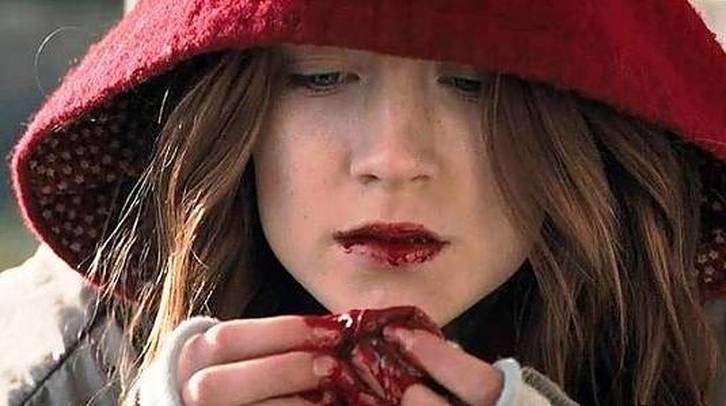
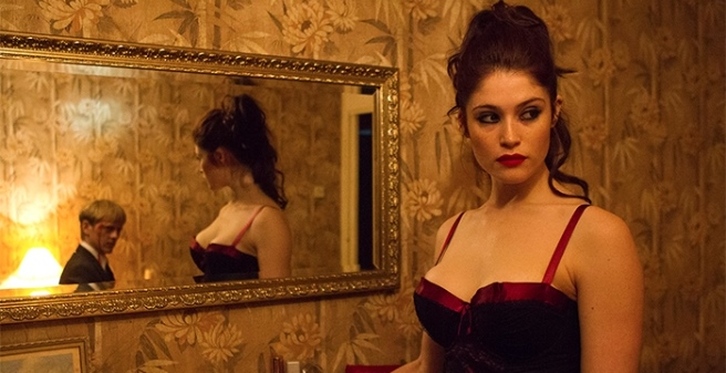

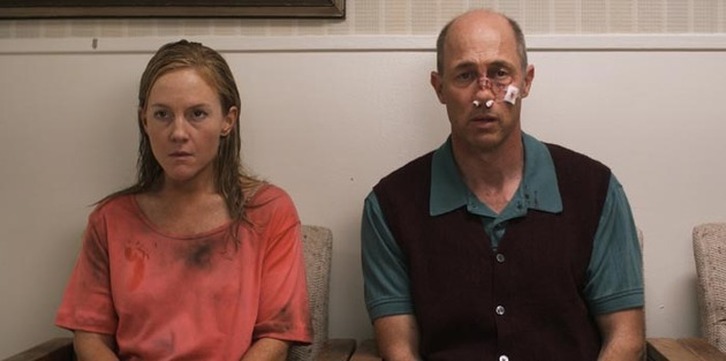
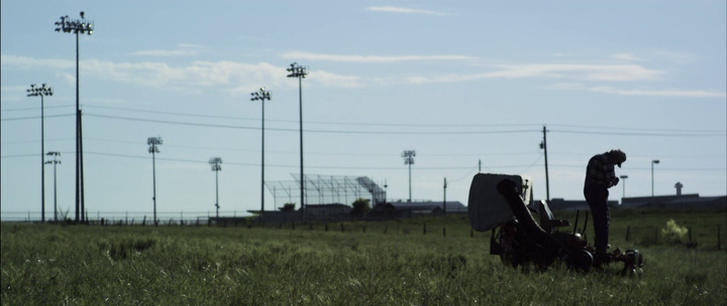
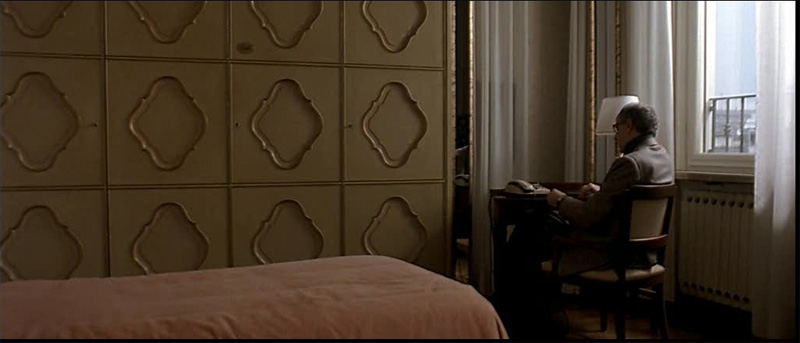
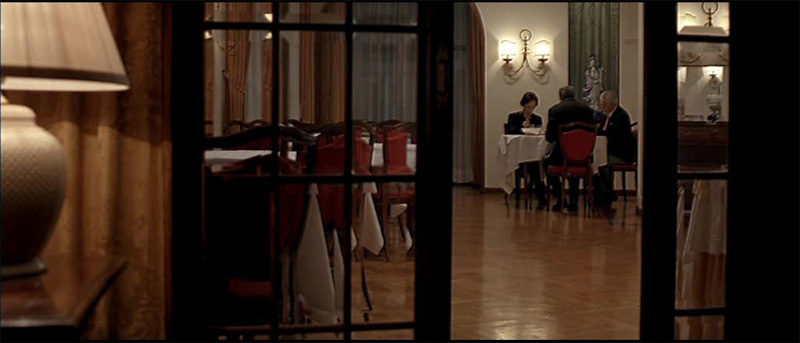
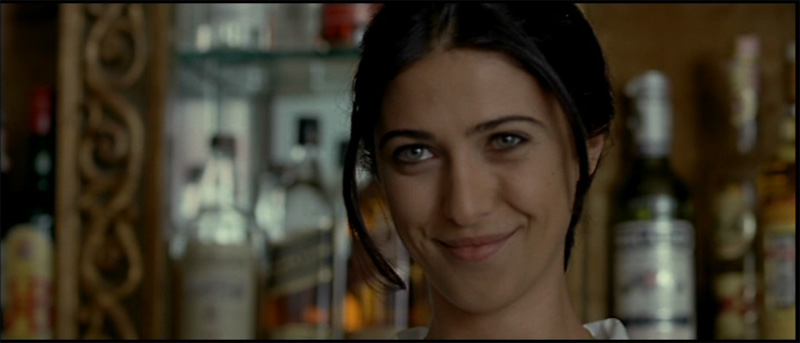
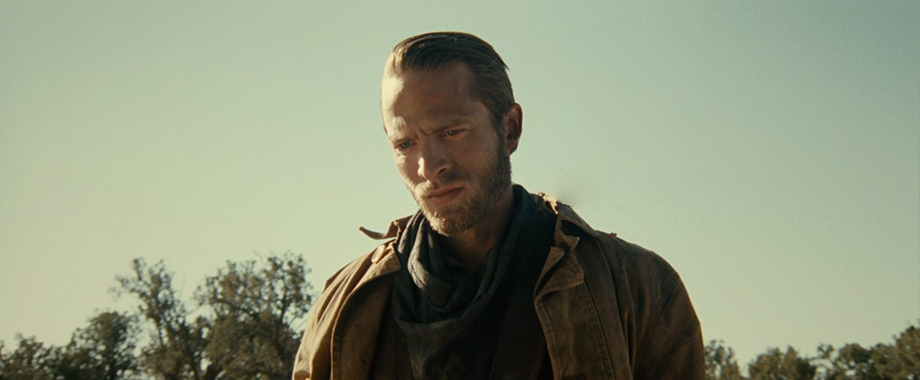


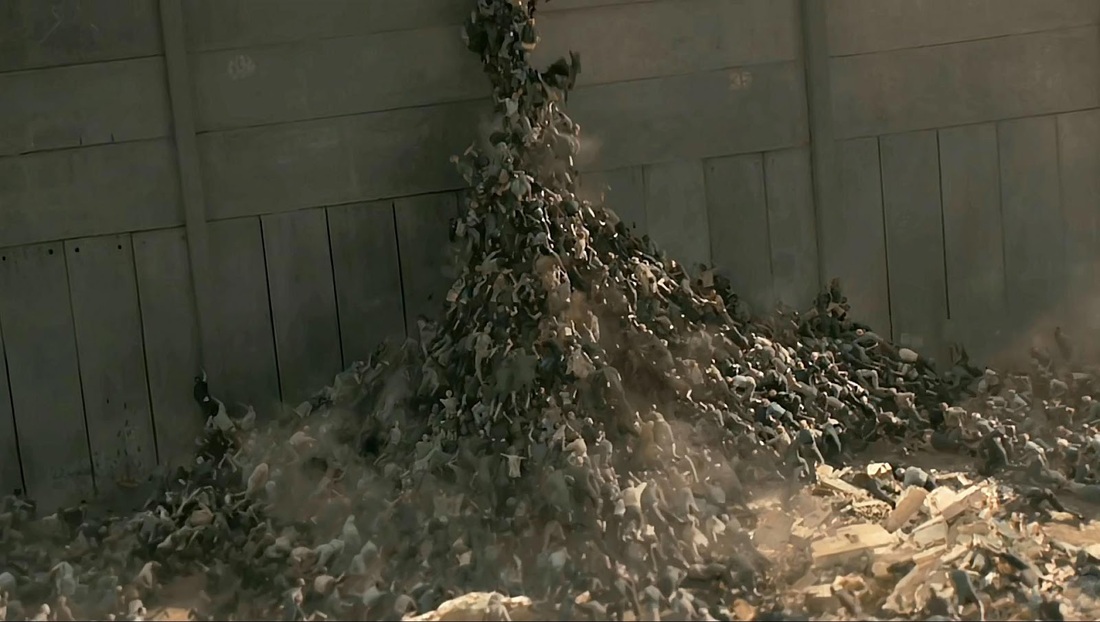


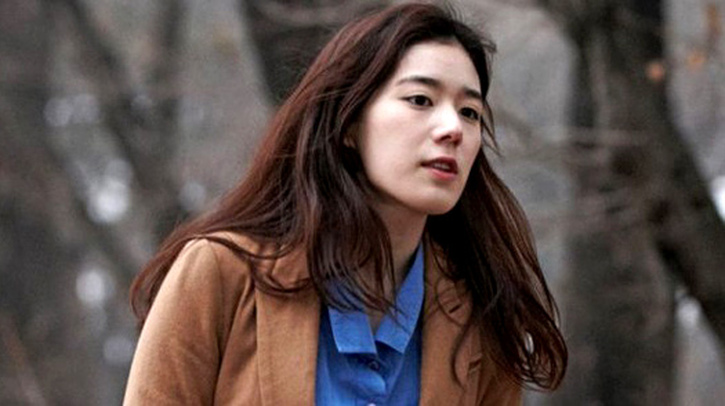


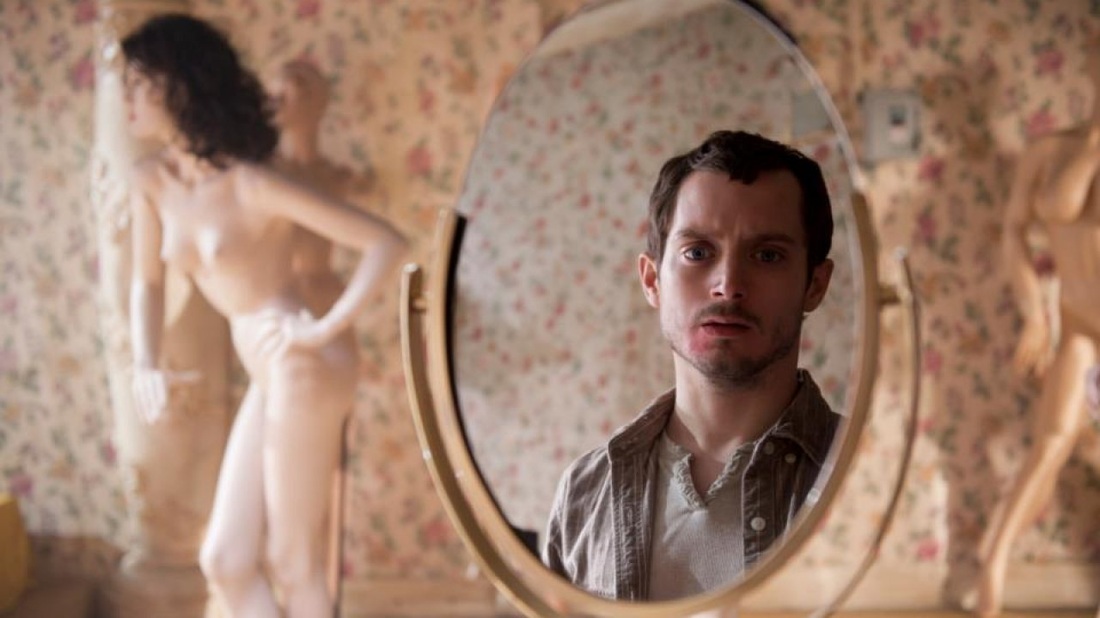
 RSS Feed
RSS Feed
